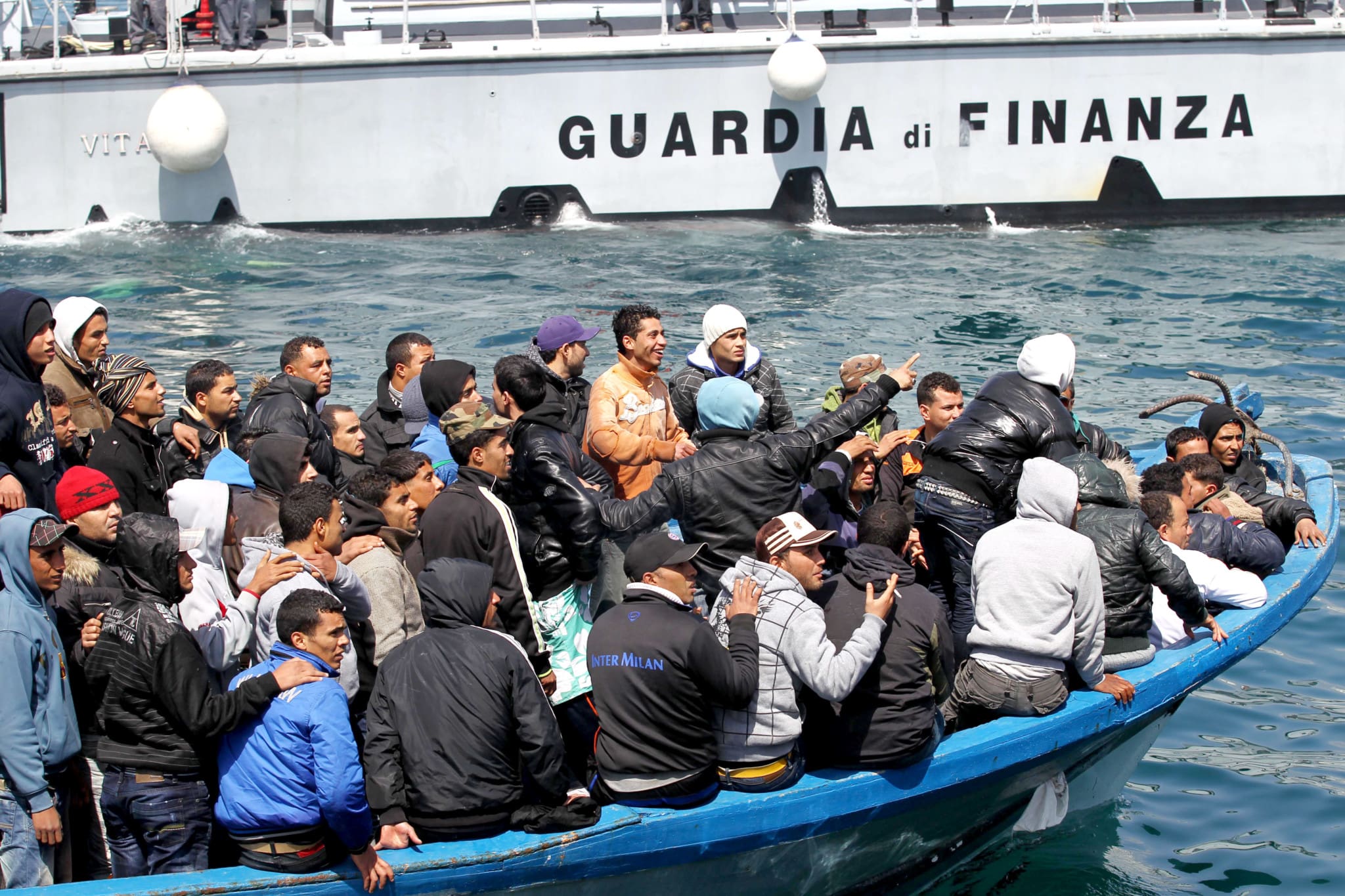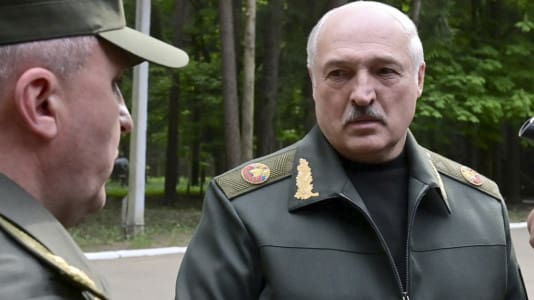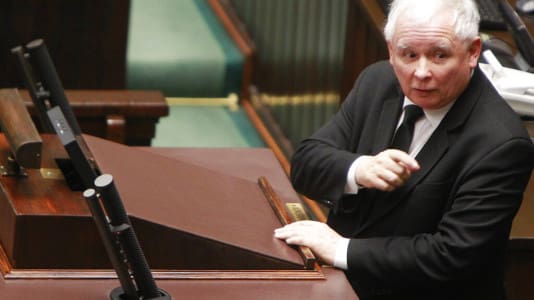Conservative European parties, as well as governments like Poland’s, are launching various measures to push back against a new EU law that will lead to forced migrant relocations across Europe. The law could particularly affect nations such as Hungary and Poland that have been traditionally opposed to mass immigration, but other conservative parties from countries like Germany and Austria are also calling for referendums and other actions against the EU’s migrant quota scheme.
In Poland, the country’s parliament has launched a video campaign against the measure and is about to adopt a resolution proposal authorizing the government to exercise its veto power and not accept the proposal on migrant quotas at the next EU summit. There is also talk of putting the question of mandatory migrant quotas to a national referendum, which will run simultaneously during national elections this autumn.
In Austria, meanwhile, an online petition was launched to reject forced resettlement, while the German right has also protested the controversial new measure.
Poland’s ruling Law and Justice (PiS) party has prepared a draft resolution that would give the government a strong mandate to reject the forced resettlement of migrants based on quotas from Brussels.
The forced migrant quotas, as a part of the EU Pact on Migration and Asylum, were decided last week at the council of the EU interior ministers. According to the plans, EU member states will either accept a certain number of immigrants or be forced to pay at least €20,000 per migrant into the EU coffers.
Rafal Bochenek, the PiS party’s spokesperson, recalled that the Polish parliament had passed resolutions similar to the current one before, for example in 2016, but they gave the authority to discuss these issues at the EU level.
“Now, we want to give the Polish government a strong mandate to use a veto in the European Council,” said the spokesperson of the ruling party. The politicians of Law and Justice wrote in the draft resolution that “The Sejm of the Republic of Poland strongly opposes the attempt to introduce mechanisms for the forced resettlement of illegal economic migrants at the EU level.”
Austria’s FPÖ also calls for referendum
However, Poland is not the only country considering a referendum on the issue, with Austria’s most popular party, the Freedom Party of Austria (FPÖ), also calling for a national vote.
“Should the law pass the European Parliament, the FPÖ demands a referendum in Austria on this asylum package, because this agreement does nothing to turn Europe into a fortress. That is why politicians must do everything we can to implement a ‘Fortress Austria’ and to protect the country from the new migration of peoples,” said FPÖ leader Herbert Kickl.
Kickl has skewered Austria’s government for going along with the proposal, claiming it has “stabbed Austrians in the back.” The FPÖ has long criticized the Christian democrats, the ÖVP, for being weak on immigration and other conservative ideals.
Kickl said the new rules are the EU’s attempt to “take us for a fool,” and although the EU claims to be tightening standards against economic migration, “the truth is the new asylum rules bring additional burdens for Austria. ÖVP Interior Minister Gerhard Karner has failed in his central promise to prevent a redistribution of asylum seekers. He’s stabbing the Austrians in the back with that,” said Kickl.
“Unfortunately, the much-celebrated compromise does not change the overall situation, with the exception that there should now be a distribution mechanism that is at the expense of economically stronger member countries. Because in the future, Austria would have to pay a fine if it refuses to accept asylum seekers. Approval for such a distribution has been an absolute ‘no go’ since FPÖ Interior Minister Kickl. The ÖVP has also always spoken out against it – until Mr. Karner simply fell over on this issue yesterday,” said FPÖ security spokesperson Hannes Amesbauer.
[pp id=80717]
“Yesterday was a black day for the Austrian population in the truest sense of the word,” concluded Kickl.
The FPÖ is now launching an online petition entitled “Austria’s Fortress against illegal mass immigration.”
In promoting the new petition, Kickl noted that Austria has been hit twice in the last eight years by large waves of migration, both of which caused enormous damage across the country.
“Since 2015, the EU has missed every opportunity to protect the citizens of Europe from the import of terror and social tensions,” said MEP Harald Vilimsky, head of the European delegation of the FPÖ. He said he believes that the only hope is that with next year’s EU elections, a fundamental change can be initiated, and then a referendum can be used to deviate from this mistaken path. According to the MEP, help should be provided in the migrants’ homeland so that they do not leave.
The EU missed all the opportunities to address the migration crisis
Sharp criticism also comes from Germany’s Alternative for Germany (AfD) party, which criticized the EU’s adopted draft as extremely dangerous.
“Under pressure from the German government, unaccompanied minors can easily cross the external border without stopping, including via expedited procedure. The same applies, for example, to entire families arriving from Syria. They also do not deal with the problem that 80 percent of those arriving in Germany were previously able to pass through the EU without registration,” said Gottfried Curio, spokesperson for the interior affairs of the AfD parliamentary group.
[pp id=81028]
The politician emphasized that even after the distribution within the European Union, secondary migration to Germany will continue as long as the will and structures for an effective automatic rejection and deportation system are not created in the country. He added that the people of Brussels maintain false principles, for example, that a person can be a refugee when entering the EU even if he has already traveled through many, many safe third countries. In addition, the EU missed the opportunity to tangibly counterbalance the dramatic overload, especially in Germany, said Gottfried Curio.
At the same time, supposedly conservative governments from Czechia and Italy backed the proposal, which many have portrayed as a betrayal.






